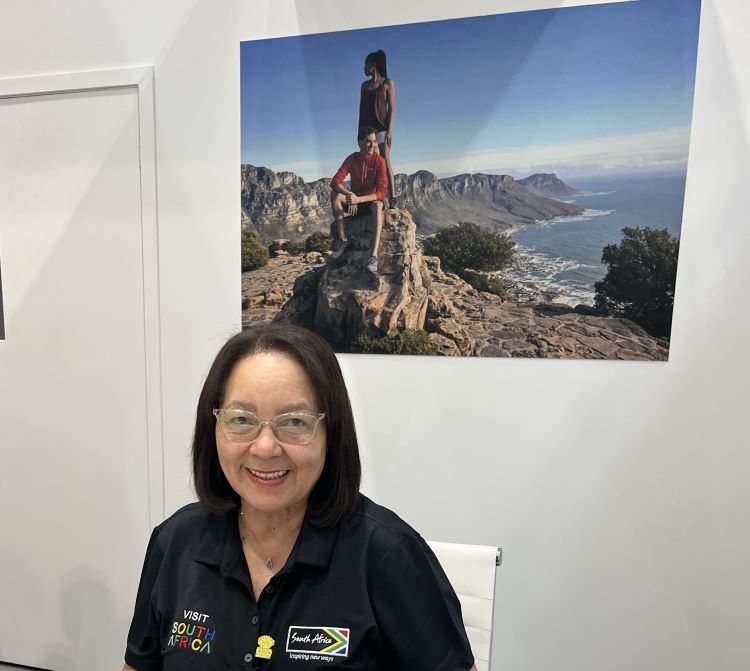Department of Tourism (DoT), Government of Maharashtra, recently conducted a special five-day guide training programme for the benefit of the tribal communities at Karnala Sanctuary and Phansad Sanctuary.
The Directorate of Tourism (DoT), Government of Maharashtra, in association with Indian Institute of Tourism and Travel Management (IITTM), an autonomous body under Ministry for Tourism, Government of India, conducted a special five-dayguide training programme for the tribal communities at Karnala Sanctuary and Phansad Sanctuary, in Raigad district in the first week of August. This is the first-ever offline tourist guide training programme being conducted by DoT. A total of 31 local tribal unemployed youth, including 20 from Karnala Sanctuary area and 11 from Phansad Sanctuary area between the age group of 20 and 35, were provided training and awarded certificates on completion of the programme.
The session was divided into two parts: theory and practical. The topics included introduction of the tourism and basics of tourism, challenges in tour guide profession, roles and responsibilities of tour guides and how to become a good tour guide, concept of biodiversity, nature trail, wildlife, etc. in the sanctuary, how to practically conduct walking tours, handling difficulties, difficult tourists and stress management, etc.
Dhananjay Sawalkar, Director, DoT, said, “There is huge demand for trained guides in places with diverse tourist destinations. To understand the tourist destinations as well as to make the visit enjoyable, tourists need good guides to provide authentic and relevant information. At the same time, proper implementation of the local rules and regulations of tourist destinations as a local guide will be possible. This will also help in creating employment opportunities at the local level. Given the need of the hour, local students/candidates will get an opportunity to study and undergo the training of tourist guides. This initiative will be a catalyst for the growth of the tourism industry in Maharashtra.”
 TravTalk India Online Magazine
TravTalk India Online Magazine





